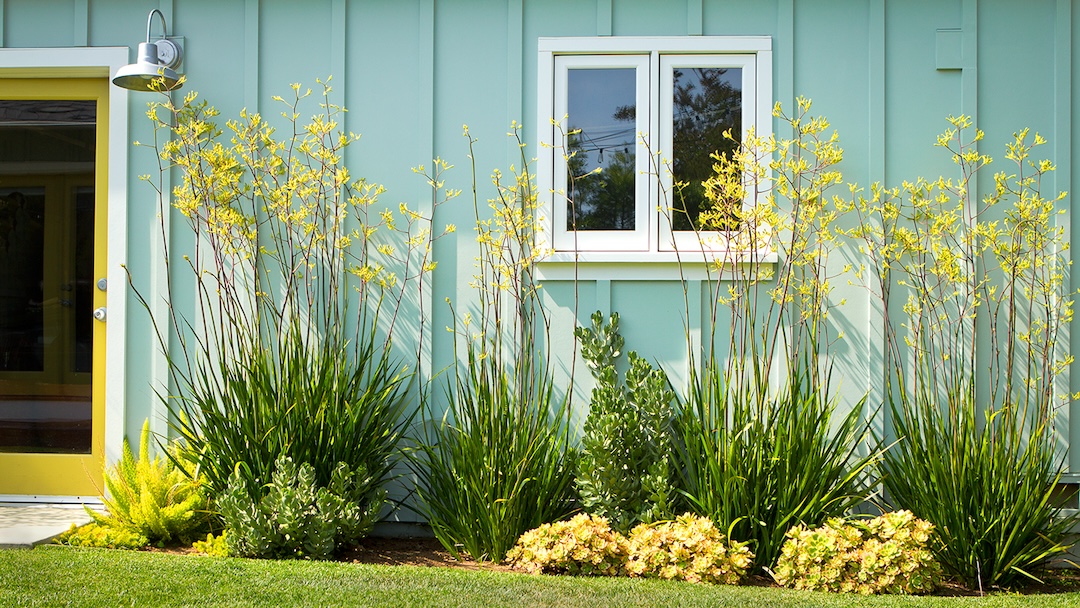 How incredibly frustrating it is when you worked diligently to perfect your garden and a new batch of weeds crops up. The following are ways to reduce the likelihood of weeds.
How incredibly frustrating it is when you worked diligently to perfect your garden and a new batch of weeds crops up. The following are ways to reduce the likelihood of weeds.
1. Weed your newly planted garden regularly
As you begin to cultivate your garden, keep in mind that this is the most essential time for removing weeds. If possible, use a small shovel to remove the weeds from their roots, but if this is not possible, gently pulling them out can work as well.
Be mindful and do your research on what is considered weeds if you are open to new blooms in your garden. Some weeds might actually be a plant native to your region.
2. Plant your garden densely
Something that can really help deter weeds is a densely planted garden. Not only will this prevent stubborn, unwanted plants from cropping up, but it will create a lush and healthy landscape. Although closeness is key, do keep in mind how much space certain plants’ roots need. To determine how far apart plants should be installed, look up the width of the plant when grown (in resources such as Sunset or online) and space them that far apart or a bit less, with wood chip mulch in between.
3. Choose plants that act as mats and suppress weeds
Certain plants work very well to cover up surface area and make it difficult for weeds to grow. Very low ground cover plants such as Dymondia margaretae / Silver Carpet or Thymus serpyllum ‘Elfin’ / Elfin Thyme, among many others, can be used under or between medium-sized shrubs, perennials, or grasses to help suppress weeds.
4. Plant with mulch
Not only does wood-chip mulch make it difficult for weeds to sprout, it also benefits your plants in climate extremes. When the weather gets too hot, mulch keeps plants cool, while as the weather becomes cold, the mulch insulates plants and keeps them warm.



